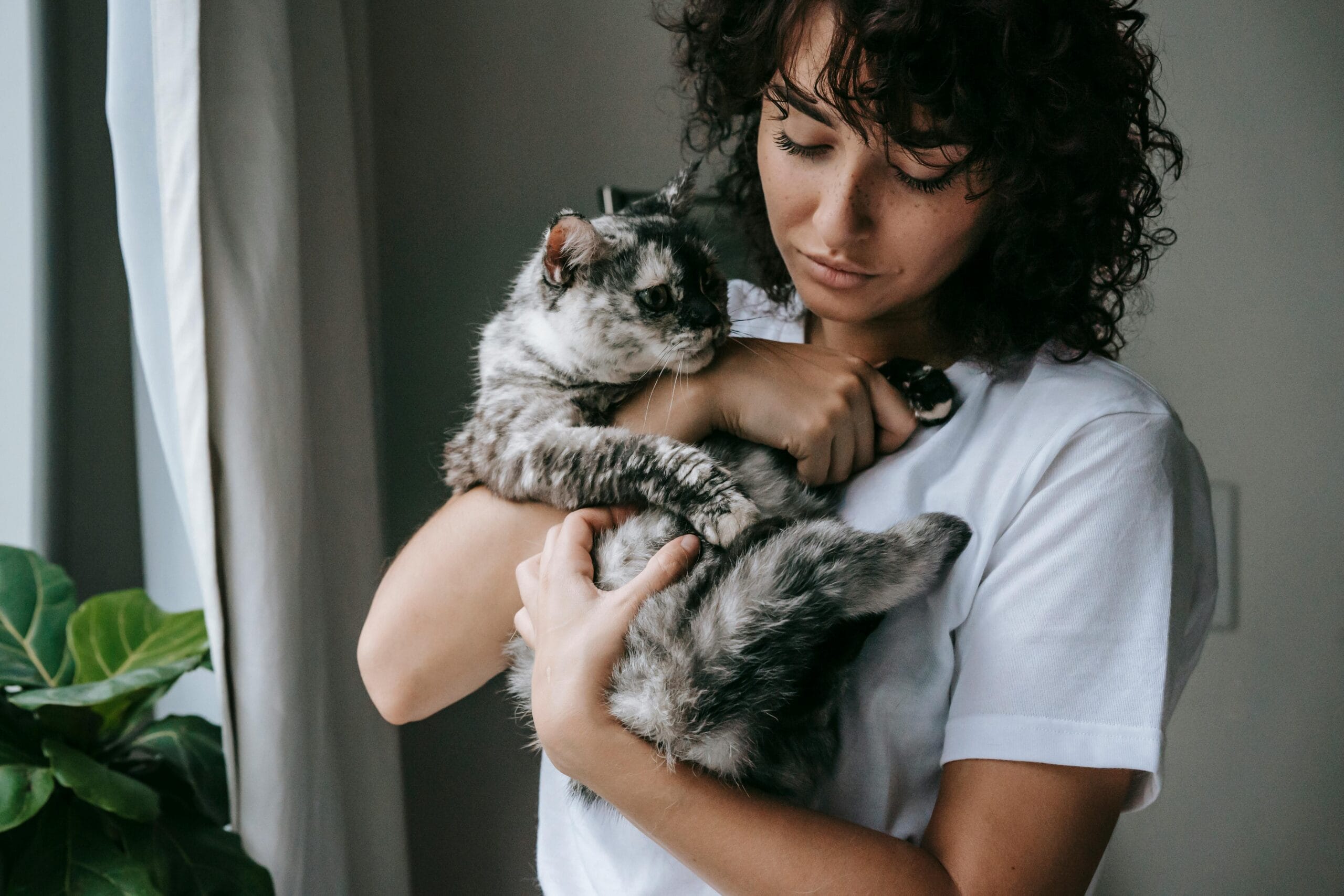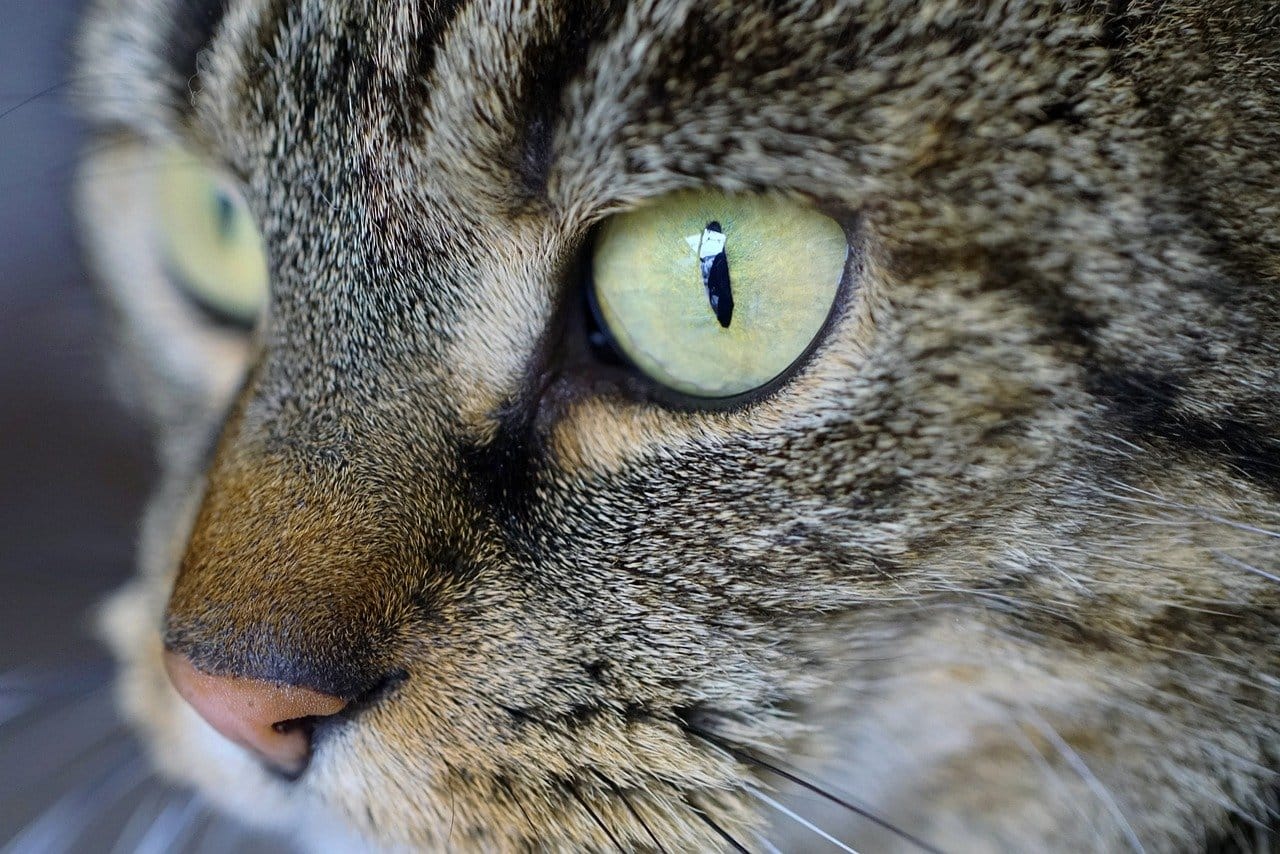Discover when kittens start purring! Learn about kitten purring age and how old kittens are when they purr. Get expert answers to your feline questions. Find out now!
When Do Kittens Start Purring? A Comprehensive Guide
The soft rumble of a purring kitten is one of the most endearing sounds in the world. But many new kitten owners wonder: When do kittens start purring? Understanding this milestone in a kitten’s development can help you bond with your furry friend and recognize signs of their health and well-being. This comprehensive guide will explore the kitten purring age, looking at when you can expect to hear that delightful purr and what it might mean.
Understanding Kitten Development and the Onset of Purring
Kittens are born incredibly helpless, relying entirely on their mother for warmth, nourishment, and protection. Their senses develop gradually over the first few weeks of life. For example, we often ask, “How old are kittens when they purr?” The answer isn’t a single definitive day, but rather a range related to their overall development.
While their eyes remain closed for the first week or so (learn more about this crucial developmental stage by reading our article on when a kitten’s eyes open), their other senses, including hearing and touch, are starting to function. This sensory development plays a role in when they begin to purr.
The First Purrs: Timing and Significance
Most kittens begin to purr within the first one to two weeks of life. Some might even start as early as a few days old! This early purring is often unintentional. It’s not a conscious decision; rather, it’s a reflex associated with nursing and receiving comfort from their mother. These early purrs are crucial for signaling their need for warmth and sustenance, essentially a way for them to communicate their needs without vocalization.
This initial purr might be subtle and easily missed, but as the kitten grows, the purr becomes stronger and more distinct. The kitten purring age, therefore, is a range rather than a specific day. It is influenced by factors such as breed, individual temperament, and overall health.
Factors Influencing the Onset of Purring
While the typical range for the first purrs is within the first two weeks, several factors can influence the exact timing:
- Breed: Some breeds may show a predisposition to purring earlier than others.
- Individual Temperament: Just like human babies, some kittens are more vocal and communicative than others.
- Health: A healthy kitten is more likely to purr regularly. If your kitten is unwell, their purring might be affected.
- Mother’s Influence: The mother cat’s own behavior and purring can influence when her kittens start to purr.
Beyond the First Few Weeks: Purring as Communication
As kittens mature and begin exploring their environment, purring evolves from a reflexive action to a more complex form of communication. By the time they are a few weeks old, a kitten’s purr can indicate a wide range of emotions and needs, including:
- Comfort and Contentment: The classic purr – a sign of relaxation and happiness.
- Seeking Attention and Affection: A purr can be a kitten’s way of saying, “Pet me!”
- Self-Soothing: Kittens may purr to comfort themselves during stressful situations.
- Pain or Distress: Surprisingly, kittens may also purr when they are in pain or distressed. This is thought to be a self-soothing mechanism.
It’s important to observe your kitten’s overall behavior alongside their purring to accurately interpret its meaning. For instance, if your kitten is purring but also exhibiting signs of distress, such as hiding or exhibiting unusual behaviors, a visit to the veterinarian might be necessary. Also, do you know if a kitten can have catnip? It might influence their purring.
When Do Kittens Become More Independent?
As your kitten grows, you’ll notice significant changes in their behavior and independence. This is often related to their overall developmental stages and ability to engage in more complex behaviors. You might be interested in our article on when kittens become cats to learn more about this fascinating transition. This phase is often marked by increased playfulness, exploration, and a growing ability to groom themselves effectively. This transition also often affects the frequency and context of their purring.
Purring and Kitten Care
Understanding how old are kittens when they purr is just one aspect of responsible kitten care. Providing a safe, stimulating environment is crucial for their overall development. This includes proper nutrition, regular veterinary check-ups, and plenty of social interaction. If you’re unsure about how to provide optimal care for your kitten, consulting with your vet or a qualified veterinary professional is recommended.
Many people also wonder about the timing of kitten neutering or spaying. You can learn more about that at when kittens can be fixed.
For those who adopted a kitten, observing the purring behavior is important, as understanding the various reasons for purring enables better bonding and appropriate care. This is particularly important given the wide array of individual personalities kittens present.
Further Reading and Resources
For more in-depth information on kitten development and behavior, you may find these resources helpful:
The ASPCA: https://www.aspca.org/pet-care/cat-care/kitten-care (Provides comprehensive information on kitten care, including health, nutrition, and behavior)
The Humane Society of the United States: https://www.humanesociety.org/resources/cat-care (Offers valuable advice and tips on cat and kitten care)
Beyond Purring: Understanding Your Kitten’s Communication
While purring is a significant aspect of kitten communication, it’s important to recognize other ways they communicate their needs and emotions. Body language, vocalizations, and even subtle behavioral cues can reveal a wealth of information about your kitten’s state of mind. Understanding these signals can enhance your bond and allow you to provide more responsive care. For example, have you ever wondered why your kitten licks your face? We cover this in our article on why kittens lick your face.
Conclusion: Enjoy the Purrs!
The question of when do kittens start purring is fascinating, highlighting the intricate development of these amazing creatures. While the timing varies, experiencing that first purr is a truly special moment. By understanding the nuances of kitten purring and other communication methods, you can strengthen the bond with your furry friend and provide the best possible care throughout their lives. Remember to consider the factors discussed, observe your kitten’s overall behavior, and don’t hesitate to seek veterinary advice if you have any concerns.
Share Your Purr-fect Stories!
We’d love to hear about your kitten’s first purrs! Share your experiences and the kitten purring age you observed in the comments below. Let’s build a community of cat lovers who share their heartwarming stories and helpful tips on kitten care. What are your best when do kittens start purring moments?

Frequently Asked Questions: When Do Kittens Start Purring?
- When do kittens start purring?
- Kittens typically begin purring within a few days of birth, even as early as one to two days old. The ability to purr is instinctive, and they don’t need to learn it. This answers the question of ‘how old are kittens when they purr’.
- What is the average kitten purring age?
- While some may start purring earlier or later, the average kitten purring age is between one and two weeks old. It’s a common milestone, addressing the question ‘kitten purring age’.
- Is it normal if my kitten isn’t purring yet at one week old?
- Yes, some kittens might take a little longer. While most start purring within the first two weeks, a slightly delayed start isn’t necessarily a cause for concern. It’s still relevant to ‘when do kittens start purring’.
- My kitten is 3 weeks old and still not purring. Should I be worried?
- If your kitten is otherwise healthy and active, a lack of purring at three weeks might just mean it’s a bit slower to develop this behavior. However, it’s always best to consult your vet to rule out any underlying health issues. This relates to ‘kitten purring age’ and ‘when do kittens start purring’.
- How can I tell if my kitten is purring happily?
- A happy purr is usually a low, rumbling sound accompanied by relaxed body language—soft eyes, a loose body, and maybe even kneading. This addresses understanding when purring signifies contentment in relation to ‘when do kittens start purring’.
- Can a kitten purr when it’s sick?
- Yes, surprisingly! A kitten might purr even when unwell, as it can be a self-soothing mechanism. Always consider other symptoms alongside the purr to assess their overall health. Relevant to ‘how old are kittens when they purr’ since purring doesn’t always mean wellness.
- Does the loudness of a kitten’s purr indicate anything?
- Not necessarily. The volume of a purr varies from kitten to kitten. Focus on the context and the kitten’s overall demeanor. ‘When do kittens start purring’ is less relevant than overall behavior.
- My kitten purrs constantly, is this normal?
- While frequent purring is generally a good sign, constant purring might indicate discomfort or stress. Observe their behavior for other clues and consult your veterinarian if concerned. This answers aspects of ‘kitten purring age’ and ‘when do kittens start purring’ indirectly.
- Why is my kitten purring while eating?
- This is often a sign of contentment and satisfaction! Enjoying a meal is a very positive experience for a kitten. This clarifies an aspect of ‘when do kittens start purring’ and its association with positive feelings.
- Why is my kitten purring while I’m holding it?
- This is a great sign! Purring while being held usually indicates that your kitten feels safe, secure, and comfortable in your arms. This is common for answering ‘when do kittens start purring’ and understanding purr contexts.

When Do Kittens Start Purring? A Guide for New Cat Owners
One of the most endearing sounds a new pet owner can experience is the gentle purr of a kitten. But when exactly do these tiny balls of fluff begin to produce this soothing rumble? While there’s no single definitive answer, kittens typically start purring within the first few days of life, sometimes even before their eyes open (learn more about when that happens at this link). This early purring isn’t always easily audible, and might be more of a faint vibration.
The purr serves multiple purposes for a kitten. It’s a way to communicate comfort and contentment, especially when nursing from their mother. It can also be a sign of self-soothing, helping the kitten regulate its temperature and reduce stress. Just because you don’t hear a loud purr doesn’t mean your kitten isn’t using this important behavior. Remember, a kitten’s development is rapid, so the sound and frequency of the purr will become more distinct as they grow. Observe your kitten’s behavior and note when they purr most frequently – often this is linked to a feeling of security and happiness.
As your kitten grows and explores its surroundings, the purr can become a more prominent part of its communication. It might purr when it’s being cuddled, when it’s eating, or even when you’re playing with it. Understanding your kitten’s communication is key to building a strong bond. Are you finding it hard to decipher other behaviors? For example, do you wonder why your kitten is licking your face? We have some answers at this helpful page.
Health Considerations: While purring is generally a positive sign, a persistent or unusually loud purr can sometimes indicate underlying health problems. If you’re concerned about your kitten’s purring or notice any other changes in its behavior, it’s always best to consult your veterinarian. This is particularly important if the kitten is underweight, lethargic, or not eating properly.
It’s important to address spaying or neutering your kitten in a timely manner. Learn more about when kittens can be fixed by visiting this resource. This is a crucial step in their overall health and well-being. It also prevents unwanted litters and helps control the pet population.
Finally, many owners wonder about introducing catnip to their kittens. You can learn more about this here: Can a Kitten Have Catnip? And as your kitten grows, you might wonder when exactly they become considered an adult cat. Check out our guide on when kittens become cats.
By understanding the nuances of your kitten’s purr and other behaviors, you can ensure its happiness and health. Remember, regular veterinary check-ups are crucial for monitoring their development.

When Do Kittens Start Purring, kitten purring age, how old are kittens when they purr